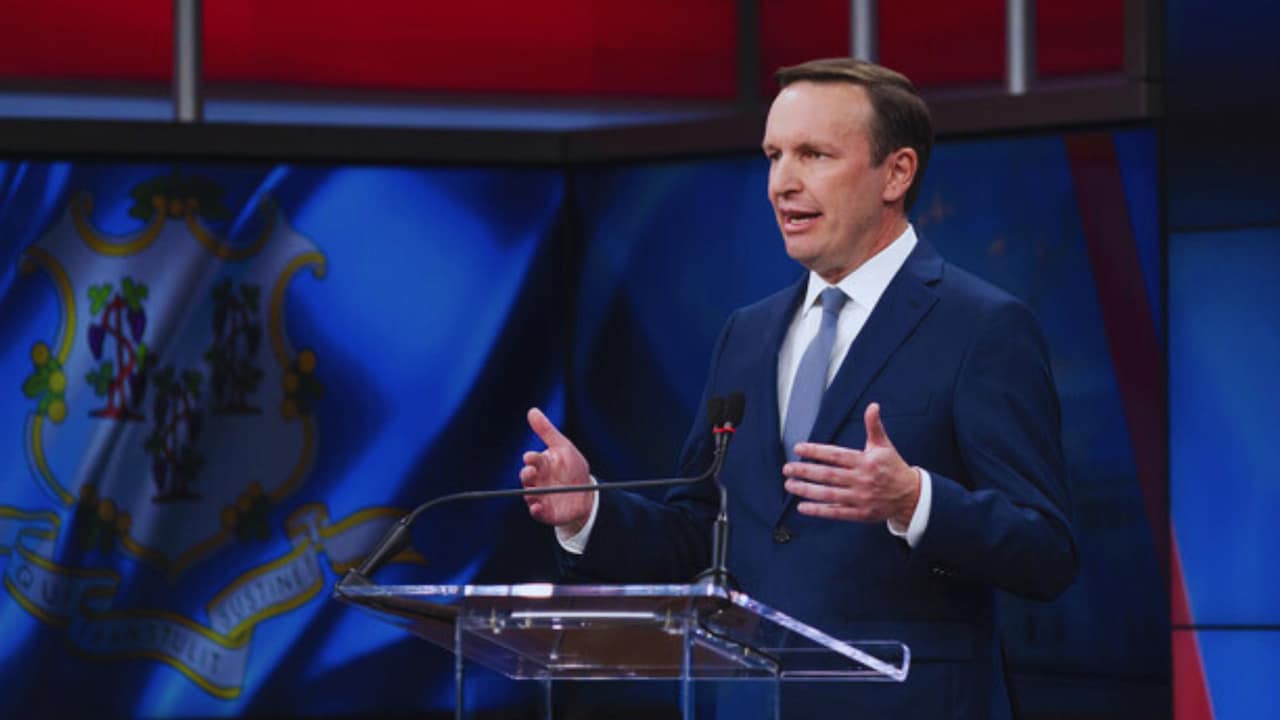Democrats Face Historic Crossroads After Stunning Electoral Defeat
In a seismic shift that has left the Democratic Party reeling, last week’s electoral defeat has forced party leaders to confront their growing disconnect from working-class Americans. The stunning loss has triggered intense soul-searching and sparked debates about the party’s future direction.
Sen. Chris Murphy captured the mood succinctly on social media: “We don’t listen enough; we tell people what’s good for them.” This frank admission reflects a broader recognition within Democratic circles that the party’s approach needs a fundamental reset.
The Working Class Divide
Exit polls tell a stark story: Donald Trump dominated among voters without college degrees, winning 59% to 40% over Kamala Harris. This educational divide mirrors a deeper class separation that has become the Democrats’ greatest weakness.
On CBS’ “Face the Nation,” Rep. Ro Khanna (D-Calif.) bluntly stated, “The reason we didn’t win, ultimately, is we didn’t listen enough to people on the ground.” This sentiment echoed across Sunday talk shows, where Democrats who did appear offered candid assessments of their party’s shortcomings.
Beyond Anti-Trump Messaging
One crucial insight emerged from Rep. Dean Phillips (D-Minn.), who criticized his party’s singular focus on defeating Trump: “If that becomes our primary focus, we’re going to lose perpetually.” Instead, Phillips advocated for a more inclusive approach that reaches out to Trump supporters rather than condemning them.
The Economic Message
Sen. Bernie Sanders (I-Vt.) published a pointed critique in the Boston Globe, arguing that Democrats face a critical choice between supporting elites or the working class.
“As an average working person, do you truly believe that the Democratic Party is willing to confront powerful special interests and stand up for you?” Sanders asked on NBC’s “Meet the PresNBC’s “Meet the Press” questioned Sanders.ss.”
The numbers tell the story
The electoral math reveals troubling trends for Democrats:
- Trump won 59% of voters without college degrees.
- Harris led among college graduates (56% to 42%).
- Voters earning $100,000+ favored Harris by 8 points.
- Lower-income voters tilted toward Trump.
Looking Forward
Party leaders are now grappling with tough questions about their future strategy. Sen. Murphy’s observation about economic populism points to a potential path forward: “Real economic populism should be our tentpole.” However, he notes this requires welcoming voters who might not align perfectly with every Democratic position on social and cultural issues.
The Path to Renewal
Democrats are now faced with several key challenges:
- Rebuilding trust with working-class voters
- We are crafting an economic message that extends beyond coastal cities.
- Finding ways to welcome diverse viewpoints within the party is crucial.
- We are moving beyond anti-Trump messaging to articulate a positive vision
Upon the conclusion of this historic defeat, it becomes evident that the Democratic Party finds itself at a pivotal moment. The choices made in the coming months will determine whether they can reconnect with working-class Americans or face continued electoral disappointment.
For now, the party’s immediate task is clear: listen more and preach less. As one focus group participant notably put it, “‘Crazy’ doesn’t look down on me. ‘Preachy’ does.” This simple observation might hold the key to the party’s future success.
